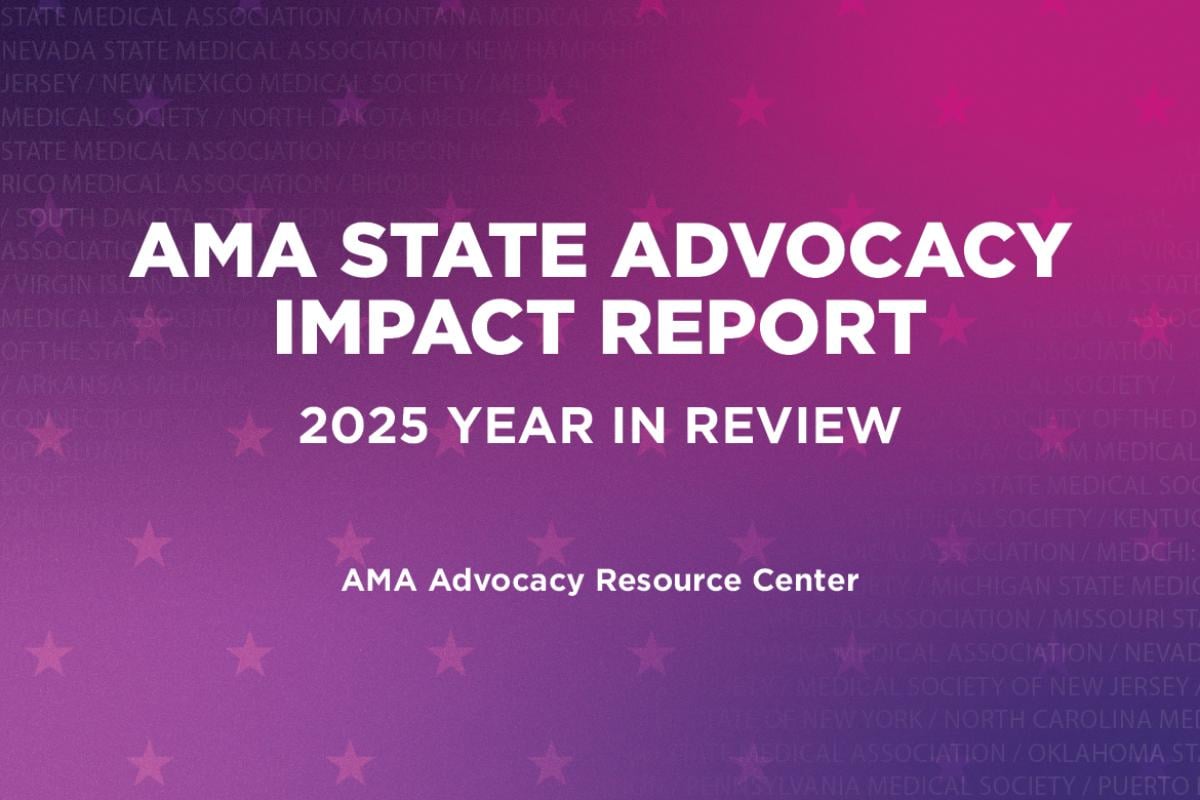From the role of augmented intelligence (AI) in enhancing patient care to the use of health care apps and determining best practices for EHR adoption and usability, physicians must have a say in the process. See how the AMA is working to ensure the physician perspective is represented in the design, implementation and evaluation of new health care technologies and digitally enabled care.
Practice Management
Digital Health
From the role of augmented intelligence (AI) in enhancing patient care to the use of health care apps and determining best practices for EHR adoption and usability, physicians must have a say in the process. See how the AMA is working to ensure the physician perspective is represented in the design, ...Read More
From the role of augmented intelligence (AI) in enhancing patient care to the use of health care apps and determining best practices for EHR adoption and usability, physicians must have a say in the process. See how the AMA is working to ensure the physician perspective is represented in the design,
AMA Members Start Here
Telehealth resource center
What physicians want to know
Membership Moves Medicine™
Digital Health Care CME
Gain essential knowledge on the ever-changing space of digital health technology. Earn CME while learning at your own pace.
FREIDA™, the AMA Residency and Fellowship Database®
Save, rank, take notes, download and compare programs.
AMA Morning Rounds
Get your daily dose of medical news
The biggest stories in medicine and public health delivered right to your inbox.










